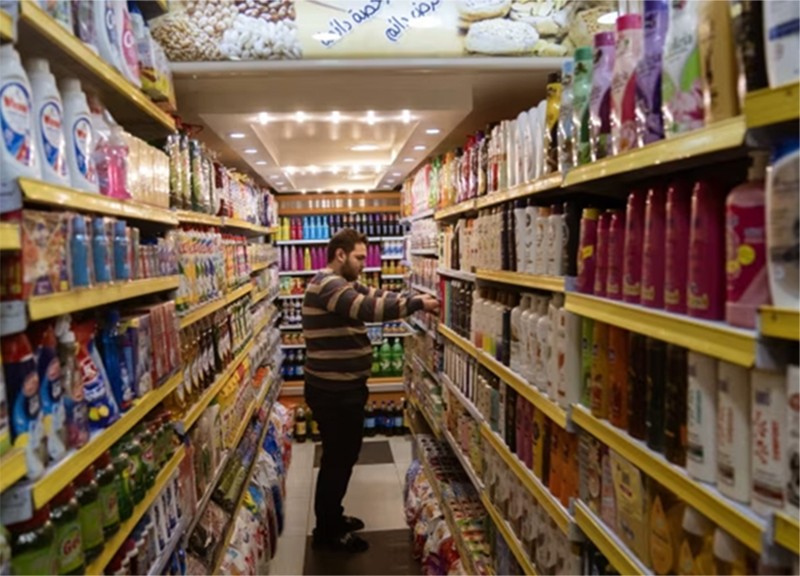
SARAH DADOUCH DAMASCUS. FINANCIAL TIMES.
Syria has been flooded with imports in the aftermath of Bashar al-Assad's ousting, with the end of dollar restrictions and high tariffs leading to a boom in goods that disappeared from shelves during the civil war.
In the weeks since Assad was deposed in an offensive led by Islamist militant group Hayat Tahrir al-Sham, imported western and regional goods have poured in. Around the capital Damascus, stores are lined with Turkish bottled water, Saudi bouillon cubes, Lebanese powdered milk and chocolate brands, such as Twix and Snickers. In one store, an entire wall is dedicated to Pringles.
"Everything imported you see is new," one worker in a supermarket said, adding that people were most excited about cheese cubes and drinks such as Pepsi.
Assad in 2013 criminalised foreign currencies in an effort to strengthen the Syrian pound during the brutal 13-year conflict, while the regime also raised custom duties to shore up revenues.
iPhones, for example, were subject to a duty of nearly $900 as of last year.
This forced Syrians to rely on locally produced goods, with rampant smuggling from Lebanon of items that could not be domestically sourced, such as soy sauce. International sanctions exacerbated the isolation, though food and medicine were exempt.
Foreign items were sold in secret. Fear of raids, arrests and extortion by security personnel were so high that Syrians often avoided the word "dollar"-using code words such as "parsley" instead.
The HTS-led government has permitted transactions in dollars and announced custom fees it said reduced charges by up to 60 per cent. "Our main task in this period is to pump blood into the arteries of the economy, preserve institutions and serve citizens," Maher Khalil al-Hasan, minister of internal trade, told state news agency Sana.
Local brands remain significantly cheaper than foreign ones. A bottle of Syrian ketchup Dolly's, for example, sold for 14,000 Syrian pounds (about $1), whereas Heinz sold for 78,000.
But other staples have become affordable again. Lebanese bananas, which went from being an everyday item to a luxury during the civil war, have arrived from the lush coast, reducing the price of a kilo by about a fifth, vendors said.
Mahmoud, a fruit and vegetable seller, said all his produce had dropped in price. He attributed this to the end of extortion under Assad, in which farmers would have to hand over chunks of their produce at military checkpoints. This forced them to charge higher prices to make up for losses.
"What can a farmer say to them? He needs to make a living," Mahmoud said.
His stand in the central Shaalan market was empty on Saturday as Syrians tightened their purse strings due to delayed salary payments.
"But I feel secure." he said. "You're no longer walking around with your eyes darting everywhere, worried they're coming after you."














